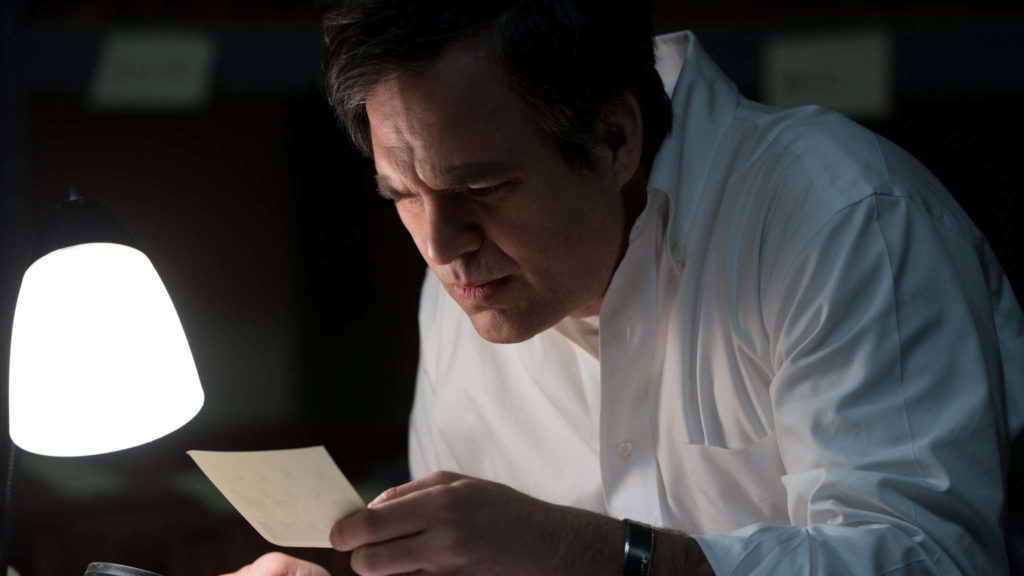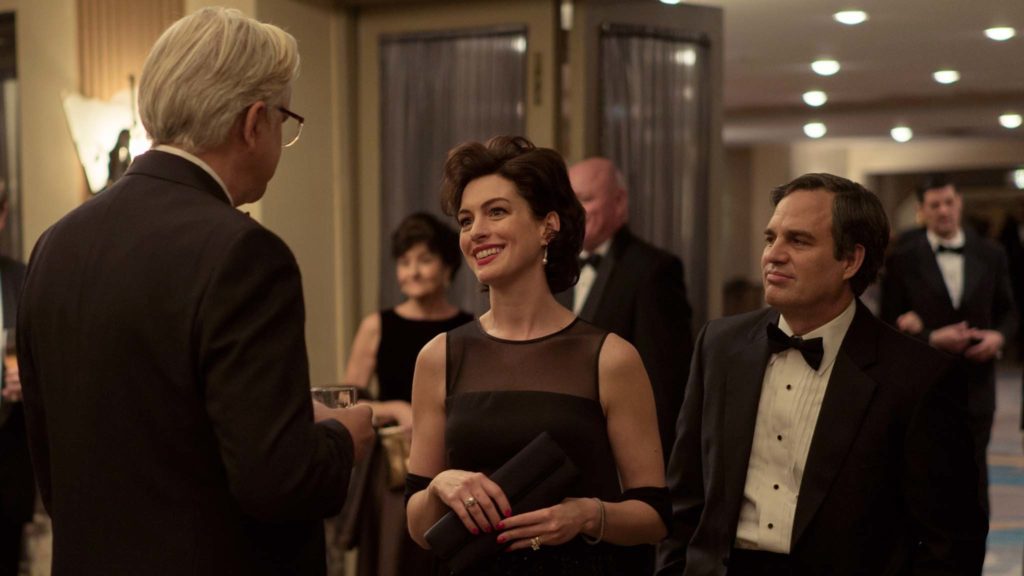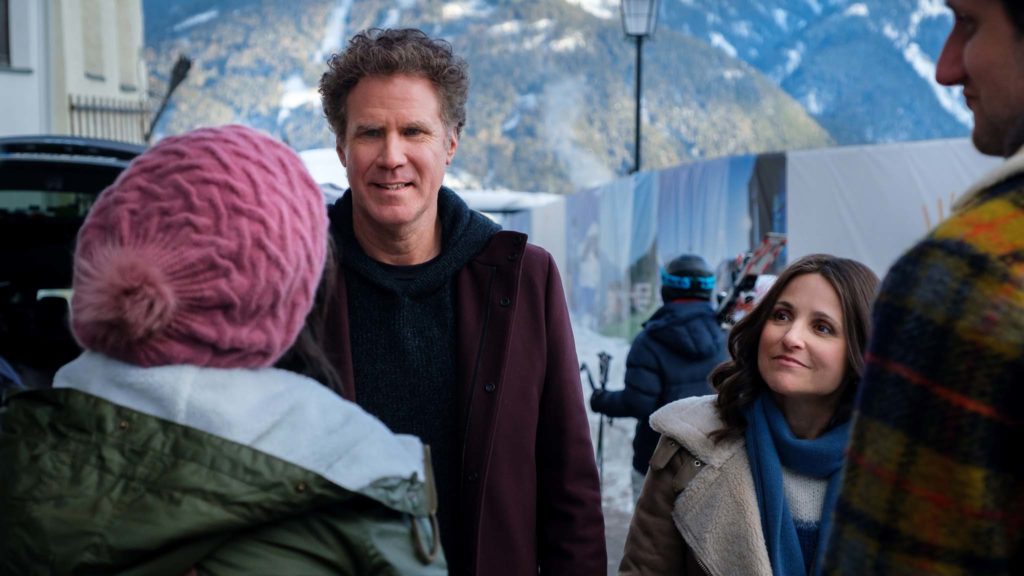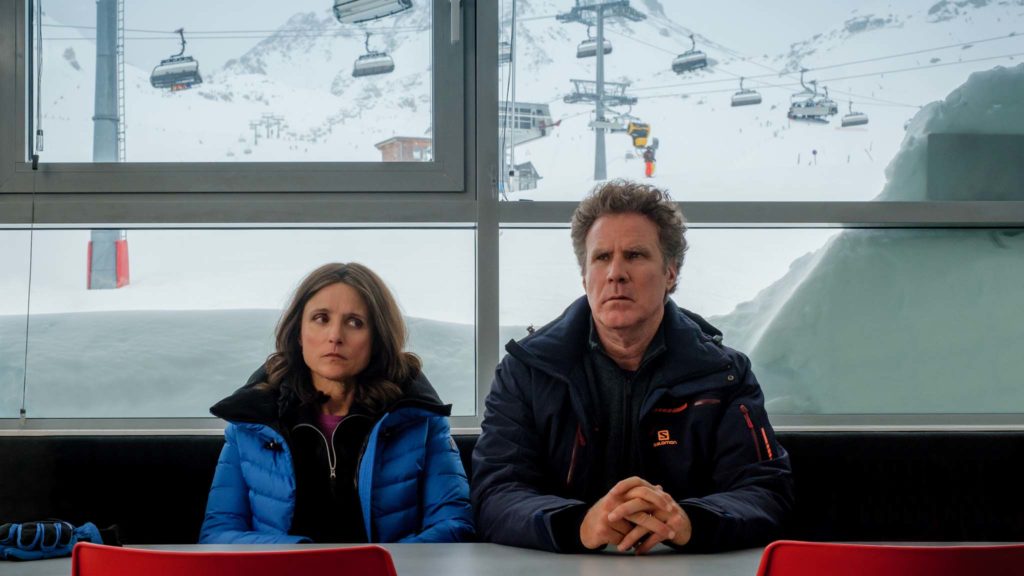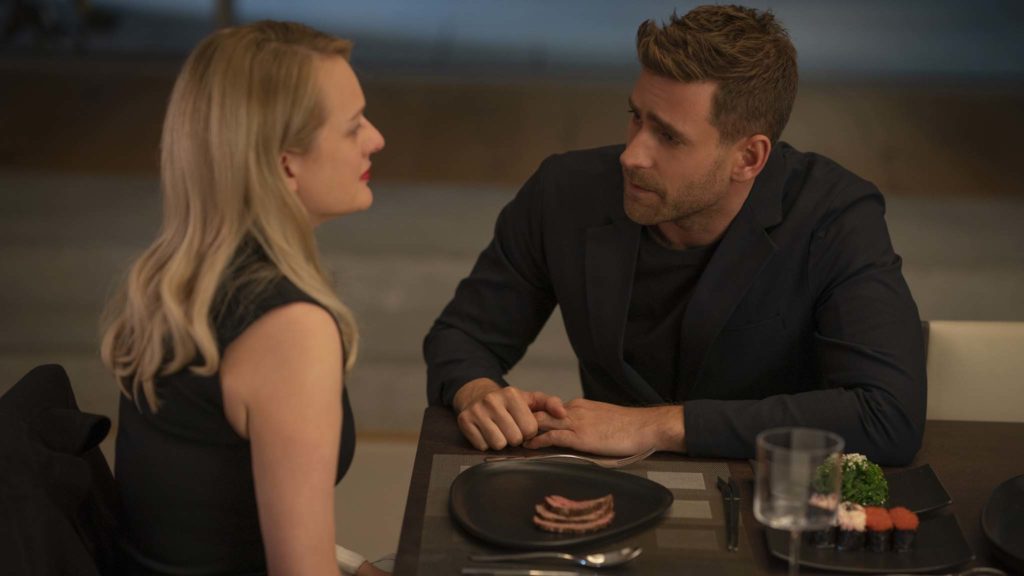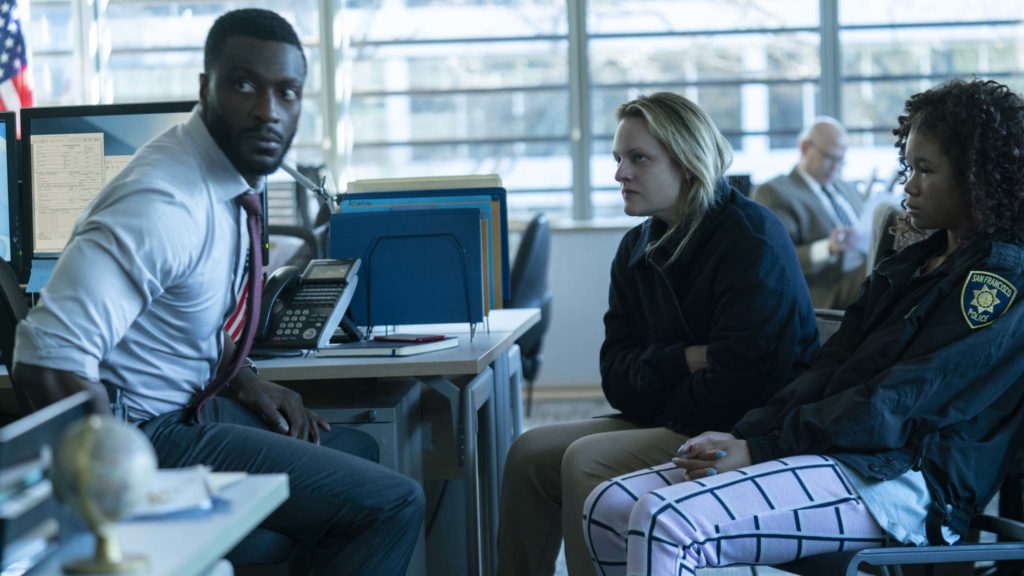Thriller
Dark Waters (12A)
Review: A dogged fight for justice lasting more than 20 years exposes shady business practices and corporate greed in Dark Waters. Inspired by the New York Times magazine article The Lawyer Who Became DuPont’s Worst Nightmare, director Todd Haynes’ slow-burning thriller details the ripple effect of a cover-up in 1970s West Virginia, which affects almost every living creature on the planet. Screenwriters Mario Correa and Matthew Michael Carnahan infuse a conventional David versus Goliath legal wrangle with jangling paranoia reminiscent of The Parallax View…
They tether the inevitable courtroom showdown to an unlikely hero, who sacrifices his health and personal relationships to defiantly speak for thousands of God-fearing men, women and children, who are victims of indifference on a grotesque scale. Mark Ruffalo transforms from muscular Avengers superhero to a hunched, harangued, jowly workaholic, who refuses to dodge his moral responsibility and risks flushing his career “down the toilet for a cowhand”. Oscar winner Anne Hathaway is poorly served in comparison as his on-screen spouse, who witnesses the heavy emotional burden borne by her husband as he goes to war against a corporate behemoth with limitless resources.
Mild-mannered defence lawyer Robert Bilott (Ruffalo) works at Taft Stettinius & Hollister, which represents some of America’s most powerful chemicals companies. Ahead of an important meeting with his boss, Tom Terp (Tim Robbins), Rob receives a visit from farmer Wilbur Tennant (Bill Camp), who lives in Parkersburg, West Virginia. Wilbur is a neighbour of Rob’s grandmother and has been persuaded to deliver a cardboard box of videotapes to the Taft office detailing the decimation of his cow herd on land adjoining a DuPont chemical plant. Despite his heavy workload, Rob drives to Parkersburg – “Welcome To West Virginia: Wild And Wonderful” – to visit Wilbur, his wife Sarah (Denise Sal Vera) and their children.
The lawyer is horrified to learn the family has lost almost 200 animals. With the blessing of his boss, Rob unearths evidence that the man-made PFOA chemical used in the production of Teflon might have leaked into the Parkersburg water supply. High-ranking DuPont executive Phil Donnelly (Victor Garber) frustrates Rob’s exhausting pursuit of the truth, which puts an intolerable strain on the lawyer’s marriage to wife Sarah (Hathaway).
Dark Waters issues a primal scream of rage on behalf of thousands of victims, some of whom lost their lives before the first cash settlement. Ruffalo powerfully embodies a stress-ravaged, crusading everyman, who shudders at the repercussions for his own family as he careens at sickening speed towards a physical breakdown. By the time the end credits roll and a title card reveals the shocking extent of the chemical spill, our hackles are raised and any traces of PFOA in our bloodstream boil with indignation.
Find Dark Waters in the cinemas
Comedy
Downhill (15)
Review: In 2014, Ruben Ostlund directed the Swedish comedy drama Force Majeure about a picture-perfect family of four, whose lives are torn apart by a brush with death during a skiing holiday. Writer-directors Nat Faxon and Jim Rash oversee an unnecessary English language remake, which jettisons most of the discomfort and subtlety of the original in favour of broad humour and a powerhouse performance from Julia Louis-Dreyfus as a doting wife, who cannot stomach her husband’s refusal to acknowledge his cowardice.
“I accept your version of the truth. Why can’t you accept mine?” he meekly counters, played with trademark cluelessness by Will Ferrell. The script, co-written by Jesse Armstrong, slaloms through the same plot markers but frequently ventures off piste for hit-and-miss comic relief. Consequently, Faxon and Rash’s picture introduces a highly sexed resort director (Miranda Otto), who believes she is operating “the Ibiza of ze Alps”, and a handsome ski instructor (Giulio Berruti), who vigorously massages his pupil’s sore calf muscles. Norwegian actor Kristofer Hivju, so memorable in the 2014 film, gently carbonates a throwaway cameo as the resort’s safety officer, who meets litigious American threats with icy Scandinavian disdain.
Attorney Billie Stanton (Louis-Dreyfus), husband Pete (Ferrell) and their two sons Finn (Julian Grey) and Emerson (Ammon Jacob Ford) arrive at an Austrian resort for quality family time on the freshly powdered slopes. On the second day, a controlled explosion triggers a spectacular avalanche, which heads straight for a patio where Billie, Pete and the boys are preparing to order a light lunch. As the deluge of tumbling snow hits, Billie instinctively protects Finn and Emerson while Pete grabs his mobile phone and runs for cover.
Once the billowing cloud of white powder dissipates, Pete calmly returns to the table and chooses soup from the menu. Billie’s incredulity fizzes beneath the surface until a late-night drink with Pete’s work colleague Zach (Zach Woods) and his hashtag-obsessed girlfriend Rosie (Zoe Chao) uncorks the full force of her maternal rage. “It felt like we were gonna die,” she snaps, tears coursing down her face as our toes curl and directors Faxon and Rash crank up the on-screen marital tension a couple of notches.
Downhill is a fitting title for a comedy drama of manners, which fails to conjure the same gleefully ruffled emotions and pervading anxiety as Force Majeure. Cartoonish European stereotypes are distracting and the deliciously unsettling conclusion to Ostlund’s vastly superior picture has been replaced with a neat and tidy line in the snow. However, Faxon and Rash’s jaunt doesn’t completely wipe out. Louis-Dreyfus reaffirms her rare ability to oscillate between pathos and playfulness in the blink of a tear-filled eye while Ferrell essays another pitiable, socially awkward oaf from his vast repertoire.
Find Downhill in the cinemas
Horror
The Invisible Man (15)
Review: What you can’t see might kill you in an ingeniously executed horror thriller from writer-director Leigh Whannell, inspired by the 1897 HG Wells novel of the same title. Reset to present-day San Francisco in the shadow of Silicon Valley, The Invisible Man is a two-hour masterclass in sustained nerve-jangling tension, which cleverly frames each shot so characters hover in the corner of the screen and our eyes are drawn to open spaces where an unseen predator could be lurking. Whannell indulged his penchant for gore when he jump-started the Saw franchise in 2004, and there are moments of stomach-churning brutality in this film’s breathless second act…
However, the sadistic pleasure of The Invisible Man is not knowing when the titular stalker will play the next round of his diabolical game of cat and mouse, engineered with aplomb by Whannell using lines of genetic coding from Sleeping With The Enemy and Paranormal Activity. An emotionally wrought central performance from Elisabeth Moss firmly tethers an outlandish dramatic conceit to gut-wrenching reality. We weather the storm of every tearful whimper and anguished plea for help as her unstable heroine fails to convince friends and family that her abusive ex – “a world leader in the field of optics” – is cruelly unpicking the fabric of her existence.
Whannell holds us in a vice-like grip from the bravura opening sequence, which instantly whitens our knuckles as architect Cecilia Kass (Moss) silently sneaks around the clifftop home of her controlling beau, scientist Adrian Griffin (Oliver Jackson-Cohen), as he sleeps nearby. She escapes the glass box prison with help from her sister Alice (Harriet Dyer) and goes into hiding in the home of police officer pal James (Aldis Hodge) and his teenage daughter Sydney (Storm Reid).
Soon after, Cecilia learns that Adrian has committed suicide and bequeathed her five million dollars in his will, to be paid in monthly instalment via his brother Tom (Michael Dorman). For the first time in years, Cecilia draws breath but a series of strange events convinces her that the news of Adrian’s demise is greatly exaggerated. “Don’t let him win by bringing him back to life,” implores James.
The Invisible Man is a wickedly entertaining allegory of our modern age of social media-driven gratification, in which cunning predators lurk online behind attractive avatars. Moss captures her victim’s painful fragility and vulnerability with verve, securely locking us into a living nightmare as Whannell wreaks havoc using sleight of hand and digital trickery. His script retains a cold, calculating logic during the most fantastical flourishes including a bloodthirsty battle royale in the corridors of Santa Monica Secure Treatment Centre. After two hours of shuddering in the dark with steadily fraying nerves, audiences may require their own heavy sedation.
Find The Invisible Man in the cinemas


